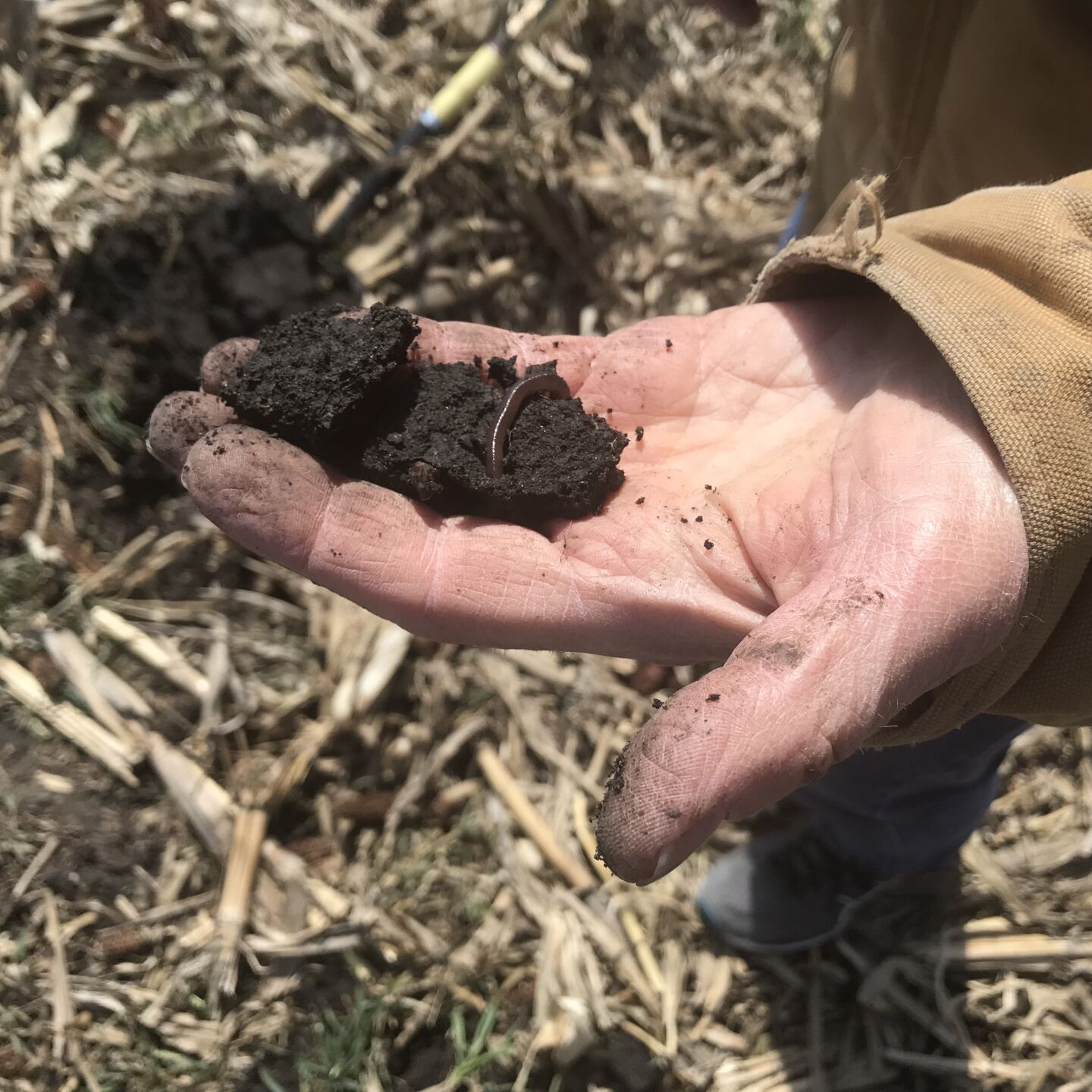Nori, Seattle, Washington, has announced the issuance of over 125,000 regenerative tonnes from the Bayer Carbon Program in the United States in its marketplace, marking the largest single issuance of credits in the company’s history.
The credits represent an unprecedented expansion to Nori’s carbon removal supply and add significant supply across the soil organic carbon industry as a whole. With this volume of credits, climate-conscious companies have the opportunity to support regenerative agriculture and carbon removal at scale.
In addition, there are more than 240,000 tonnes in the pipeline to be issued as carbon credits later this year.
Each regenerative tonne represents the removal of approximately 1 tonne of carbon dioxide from the atmosphere through regenerative farming practices, with the carbon stored for 10-plus years. The credits are third-party verified and boast co-benefits such as supporting soil health, helping reduce erosion, and increasing soil water availability.
More on the way
The more than 125,00 credits issued and more than 240,000 credits in the pipeline are the result of regenerative practices adopted on over 190,000 acres of land across the U.S. by farmers enrolled in the Bayer Carbon Program. The program pays farmers for implementing regenerative practices, which include no-till, strip-till, and cover crops. The carbon is verified by an independent verification party, then regenerative tonnes are issued in accordance with Nori’s U.S. Croplands methodology.
“We have enjoyed partnering with the team at Bayer to issue hundreds of thousands of new soil carbon credits. The pairing of Bayer’s expansive regenerative farm network with Nori’s vertically integrated issuing program, registry and marketplace enables us to significantly scale regenerative agriculture adoption together—a key step towards mitigating climate change,” said Radhika Moolgavkar, Nori’s vice president of supply and methodology.
“Being able to establish relationships like the one we have with Nori is essential to helping turn farmers’ regenerative agriculture efforts into tangible credits that can provide monetary value to these practices and further help stand up carbon markets,” said Leo Bastos, senior vice president and head of Global Ecosystem Services at Bayer. “This squarely aligns with Bayer’s goal of scaling regenerative agriculture to help farmers produce more while helping restore the planet.”
To get back to 300 parts per million of carbon dioxide in the atmosphere and ultimately help reverse climate change, we collectively need to remove over 1 trillion tonnes of carbon dioxide from the atmosphere.
The IPCC has indicated that carbon sequestration in agriculture is one of the top four climate change mitigation opportunities in the near term, with the potential to address more than 3 gigatons (3 billion tonnes) of carbon dioxide per year.



